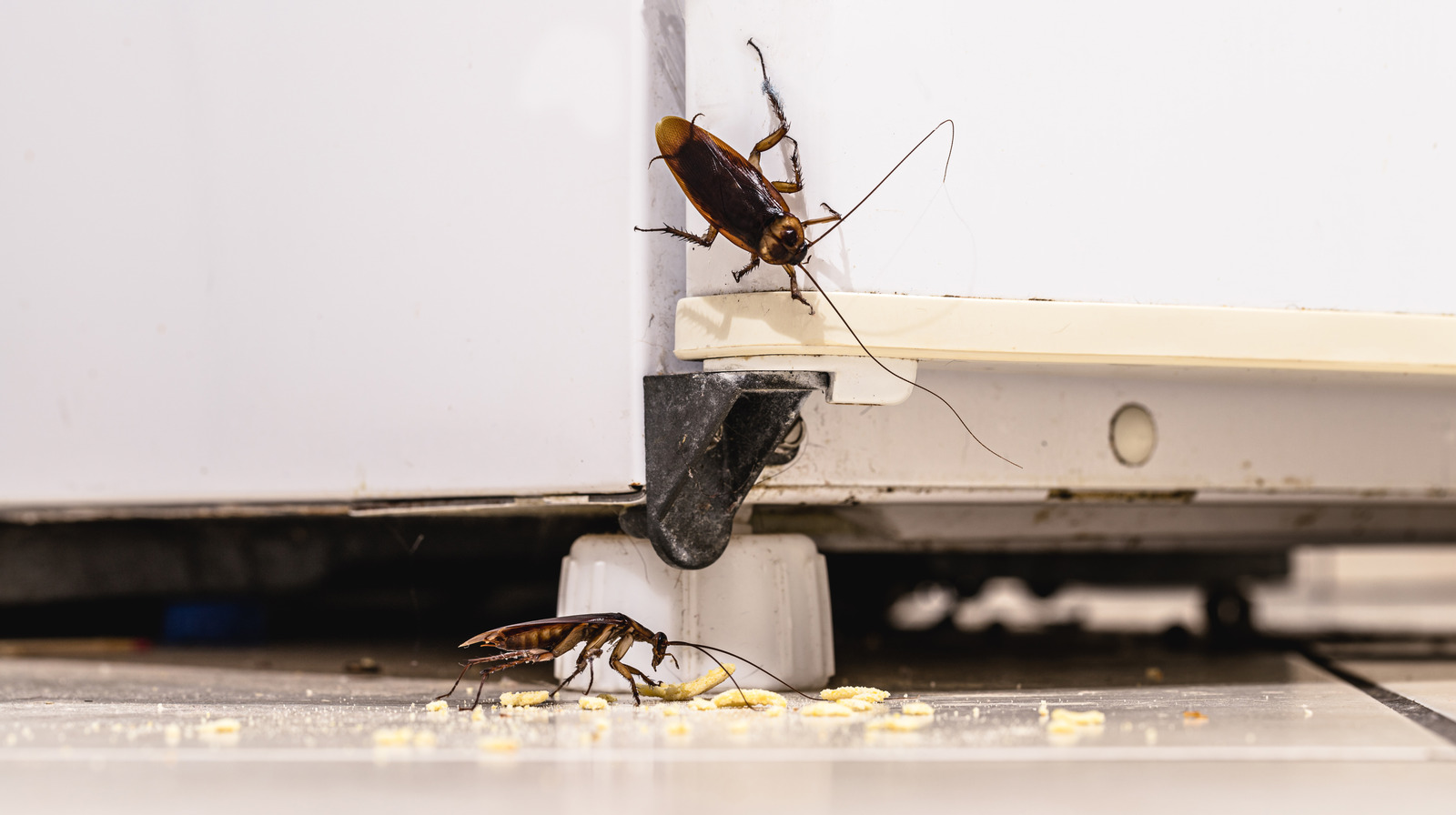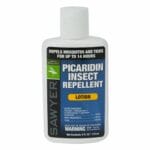Those creepy crawlies – roaches – are nobody’s favorite houseguest. Spotting one sends shivers down your spine, and getting rid of them can feel like a losing battle. But don’t worry, you can absolutely keep these little critters out, naturally, before they even think about making your place their home. This guide is your go-to resource for all things roach-repelling. We’ll cover easy DIY solutions using stuff you probably already have, like essential oils and spices, plus some smart preventative tips to make your home a cockroach-free zone. Let’s show those roaches who’s boss!
Natural Roach Repellents: Sending Roaches Packing
Looking for a safe, natural way to discourage roaches? You’re in luck! Many everyday household items can send these pests scurrying. Essential oils, for example, are likely a roach’s worst nightmare. Peppermint, eucalyptus, tea tree, lavender, cinnamon, garlic, catnip, citronella, and cypress oils are particularly potent. Just a few drops mixed with water in a spray bottle creates a homemade repellent you can use around your home. Think of it as aromatherapy for you, and a repellent for them. Place a few drops on cotton balls and tuck them strategically in corners and drawers. Some studies suggest that even the scent of catnip can deter roaches, although more research is needed to confirm this.
Bay leaves and pandan leaves are other fantastic natural deterrents. Their strong scent is offensive to roaches, making your pantry less appealing. Similarly, used coffee grounds can also help. Their abrasive texture and bitter smell create an unwelcome barrier. Sprinkle them strategically in cabinets, under sinks, and along baseboards. These natural methods are generally safe for pets and children, offering peace of mind along with pest control. The acidity of lemon juice and the bitterness of coffee grounds are also believed to contribute to their repellent properties. Try scattering citrus peels near potential entry points – the oils in the peels of lemons, oranges, limes, and even grapefruits can be quite potent deterrents.
It’s important to remember that these natural remedies likely act as deterrents, not exterminators. They might discourage roaches and make your home less inviting, but they probably won’t eliminate an established infestation. For that, you’ll need a more comprehensive approach. Ongoing research explores the effectiveness of various plant-based repellents, and new findings may offer additional natural solutions in the future.
Long-Term Prevention: Winning the Roach War
Repelling roaches is a great start, but true victory lies in preventing them from returning. This is where Integrated Pest Management (IPM) comes into play. IPM is like a long-term strategy for pest control. It’s about understanding the enemy and using a variety of tactics to keep them at bay.
One of the most crucial aspects of IPM is meticulous cleanliness. Roaches are attracted to food and water sources. So, a clean home is a roach-resistant home. Wipe up crumbs immediately, clean spills promptly, and don’t leave dirty dishes sitting around. Empty your trash regularly and keep your kitchen and bathroom spotless. Think of it as denying the roaches their all-you-can-eat buffet.
Sealing entry points is another critical step. Roaches are surprisingly adept at squeezing through tiny cracks and crevices. Inspect your home carefully and seal any gaps you find around pipes, baseboards, and windows. Caulk is your best friend here. It’s like building a fortress against these persistent pests. Pay close attention to areas where pipes enter walls, as these are common entry points for roaches.
| Task | Description |
|---|---|
| Clean Spills | Wipe up food and drink spills immediately to eliminate food sources. |
| Empty Trash | Regularly dispose of garbage to minimize attracting roaches. |
| Seal Cracks and Crevices | Use caulk to seal any openings where roaches might enter, including around pipes and baseboards. |
| Fix Leaks | Repair any leaky faucets or pipes to eliminate water sources. |
| Store Food Properly | Keep food in airtight containers to prevent roaches from accessing it. |
| Maintain Cleanliness | Regularly clean kitchen and bathroom areas, paying attention to crumbs and food residue. |
Targeted Elimination: Traps and More
Traps can be an effective way to monitor and reduce roach populations, especially when used in conjunction with deterrents. Sticky traps capture roaches, giving you a sense of how many are present. Bait stations contain insecticides that attract and kill roaches. However, be mindful of pets and children when using bait stations, placing them in inaccessible areas. Understanding the specific type of roach you’re dealing with can also inform your approach. German cockroaches, for example, are smaller and prefer warm, humid environments, while American cockroaches are larger and often found near sewers.
Chemical Control: Proceed with Caution
While natural remedies are a great starting point, sometimes you need something stronger. Chemical repellents are available, but it’s crucial to use them responsibly. Always read the labels thoroughly and follow the instructions precisely. Ventilate the area well during and after application. Consider the potential impact on your family and pets. Some chemical repellents can be harmful if ingested or inhaled. Focus on products with active ingredients that have been proven effective, and prioritize those with lower toxicity. Remember, chemical control should be a part of your overall IPM strategy, not the sole solution.
Debunking Myths: Ultrasonic Repellents
You might have heard of ultrasonic pest repellents. These devices claim to emit high-frequency sounds that repel roaches. However, scientific evidence suggests these devices are largely ineffective against roaches. Research indicates roaches don’t seem to mind the sound. Save your money and invest in proven methods instead.
Conclusion: A Roach-Free Home is Possible
A roach infestation can be frustrating, but it’s not insurmountable. By understanding what repels roaches and combining natural deterrents, preventative measures, and targeted elimination strategies, you can create a roach-free haven. Remember, consistency is key. Keep your home clean, seal those entry points, and use deterrents regularly. A little effort and persistence can go a long way.
- Crypto Quotes’ Red Flags: Avoid Costly Mistakes - June 30, 2025
- Unlock Inspirational Crypto Quotes: Future Predictions - June 30, 2025
- Famous Bitcoin Quotes: A Deep Dive into Crypto’s History - June 30, 2025
















